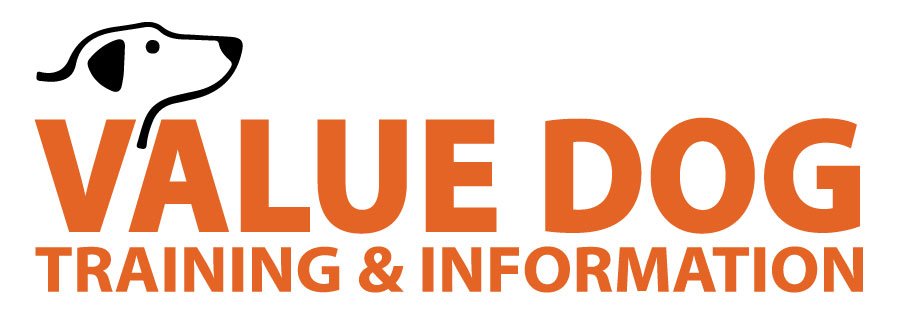Puppy Socialization Checklist
Puppy socialization is essential to raising a happy and well-balanced dog. Here is Value Dog Training Puppy Socialization Checklist to help you socialize your puppy.
Proper puppy socialization is a critical component to raising a happy and well-balanced dog. A puppy’s formative period has a direct correlation to their long-term well-being. It is imperative that you provide proper socialization to your puppy between 8 weeks and 16 weeks of age. Below is a Puppy Socialization Checklist to help you get started.
When socializing a puppy, it’s critical that all interactions be positive, however do not stop socialization just because of one of a few non positive experiences. Keep on socializing as you will have more frequent positive experiences. Socialization is with a variety of people, objects, noises, settings, etc. it will help develop their confidence, ability to handle stress, and overall knowledge of the world.
Below is a list of various elements that a dog will encounter though out life. Use your discretion to determine what is safe and appropriate for your puppy. Note your dog’s response to each exposure: Ex. displays of aggression (growl, bark, lunge), Avoidance, Freezing, Calm/Relaxed, Able to Take Treats, etc. If your dog display and aggression, avoidance, freezing, do not stop socializing keep on going and do not reward the aggression, avoidance freezing. Contact Value Dog Training and schedule a training session to stop the aggression, avoidance and or freezing.
In addition to socializing with items on the list, you will also want to incorporate sound effects to help positively condition your puppy to noises.
Touch & Handling
Checking Ears
Examining Teeth and Gums
Squeezing Paws
Trimming Toenails
Holding Puppy in Your Arms
Holding in Your Lap
Laying Puppy on its Back for a Bell Rub
Grabbing Collar
Giving a Bath
Drying With a Towel
Unfamiliar People
Women with Variations (Wearing a Hat, Scarf, Tall Women, Low Voice, etc.)
People of Varying Ethnicities
Men with Variations (Wearing a Hat, Tall Men, Deep Voice, etc.)
People Wearing Sunglasses
People with Canes or Walkers
Teenagers
People Running
Children Playing Near By
Dogs
Well-Behaved Dog
Well-Behaved Dog Who Will Appropriately Correct for Over-Stepping Boundaries
Not so Well- Behaved Dog
Other Puppies
Other Animals
Cats
Farm Animals
Other Household Pets
Varying Surfaces
Concrete
Hardwood Floors, Linoleum, Tile, Marble
Steel Surfaces (Manhole Covers or Vet Scales)
Elevated Surfaces
Uneven Surfaces
Stairs of Different Material (Wood, Concrete, Steel, etc.)
Wet Grass
Snow
Objects With Wheels
Skateboards
Rollerblades
Garbage Cans
Shopping Carts
Baby Strollers
Wheel Chairs
Bikes
Cars
Busses/Large Trucks
Motorcycles
Man-Made Objects & Buildings
Pots and Pans
Vacuums
Brooms
Balloons
Umbrellas
Plastic Bags Blowing
Inside Dog-Friendly Buildings
Suburban Neighborhoods
City Streets
And everything around us
As I said from the beginning, positive frequent socialization between 8-16 weeks of age is critical to raising a happy and healthy puppy. In addition, Exposing your puppy to various sounds and noises is also critical. In other words, follow the steps listed above to get the best results!
Above all, make sure you are housebreaking your puppy, developing a bond with your dog, and utilizing Obedience Commands. In conclusion, dog training tips to Make Your Life Easier.
Here’s a comprehensive checklist for puppy socialization that can be printed and used as a guide. PDF format click here
Source from American Kennel Club click here
Value Dog Training For more information, contact us at 916-201-7080.
Value Dog Training – Mission is to improve the quality of life for dogs, and the people who love them.
© Value Dog Training. All Rights Reserved.
